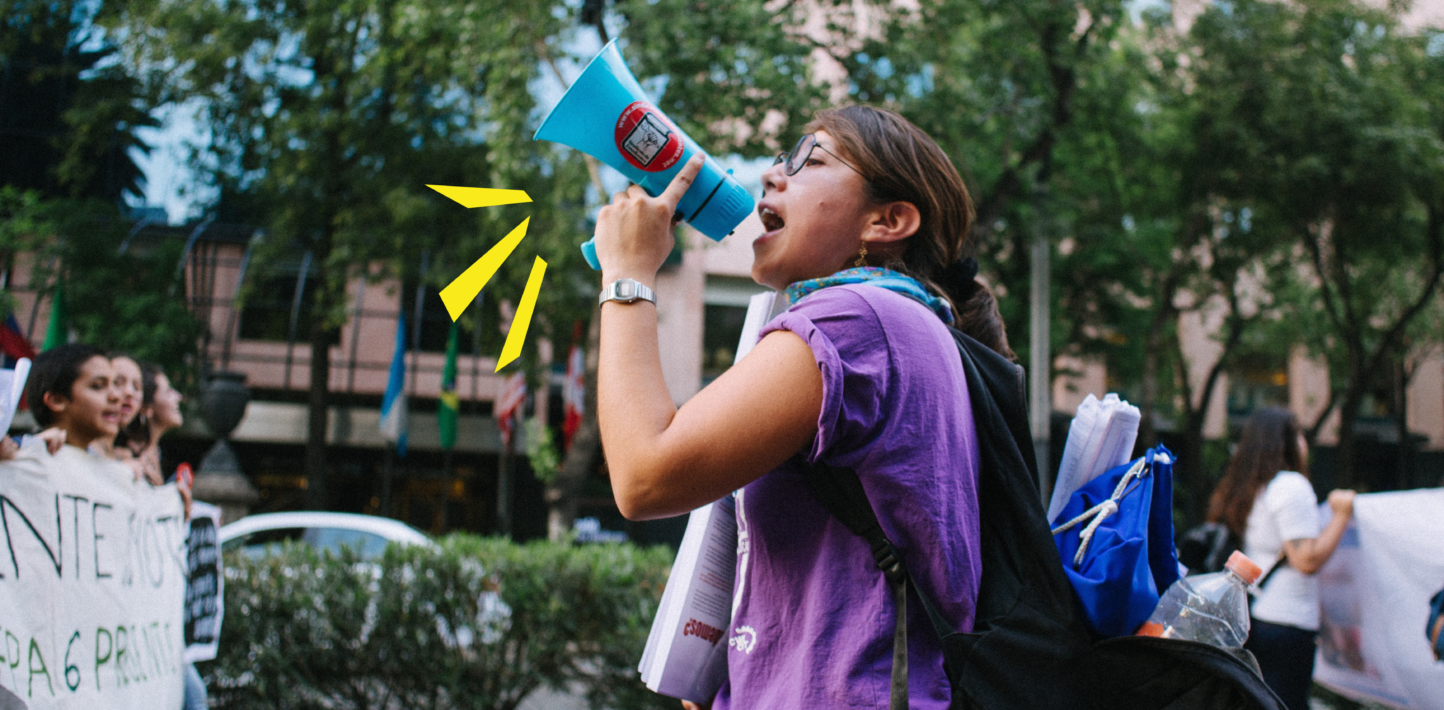Even the COVID-19 pandemic was not enough to stifle the spirit of protest in the Filipnos. During the strictest period of the lockdown in April 2020, several dozen protesters gathered in Quezon City demanding food and cash aid from the government. 21 of them were arrested for rallying without a permit and the local government strongly asserted that food packs had been continuously distributed throughout the city. 54
A few months later a series of protests broke out over two key issues. The first that broke was the question of ABS-CBN’s franchise renewal. As early as February 2020, people rallied for media freedom and calling on Congress to address the issue. These picked up again in May following the end of the media company’s previous franchise and them being ordered off the air; and then again in July following Congress’ rejection of a new franchise for ABS-CBN. These protests were done both online and offline including a nationwide noise barrage on July 18. 55 56
The other issue uniting Filipinos in the middle of the pandemic was their anger over the Anti-Terror Law. Protests began in March 2020, prior to the lockdown, but kicked up in May and June as the bill made its way through the legislative process. More than a thousand people assembled on June 12, Philippine Independence Day, while wearing masks and observing physical distancing in order to protest the bill. A day after the bill was signed into law by President Duterte, on July 4, several organizations came out to protest the enactment. 57 58
On July 27, 2020, protesters hold what was called SONAgKAISA – a rally on the same day as President Duterte’s penultimate State of the Nation Address. Scores of protesters assembled in the UP Diliman campus to voice their discontent on the ABS-CBN shutdown, the Anti-Terror Law and the government’s response to the COVID-19 pandemic. Just days before this public protests had been banned as part of the health measures against the virus. In addition to this protest other rallies were held all over the country and even at the Philippine Consulate General in San Fransico, USA. 59 60 61
In the second half of 2021, several protests were organized by healthcare worker organizations. TOne of these was held on August 30, National Heroes Day, at which they decried how they were being hailed as modern heroes for their service during the pandemic but how they still had not received any of the benefits, allowances or hazard pay that was owed to them. These rallies were held simultaneously all over the country and several more followed in the following months with many healthcare workers also calling for the resignation of Health Secretary Duque over his failure to address their concerns. 62 63
The results of the May 2022 elections also sparked protests in the country. The day after the polls were held, around 400 people staged a protest outside the Commission on Elections, citing election irregularities which caused many to question the results and to reaffirm their opposition to another Marcos presidency. There were protests all over the country with students, Martial Law survivors and other sectors raising their voices against the many issues that arose during the elections, disenfranchising many voters, which they claim favoured Marcos Jr. Two weeks later police violently dispersed about 300 protesters marching to protest what they called was the rushed proclamation of the results of the 2022 presidential and vice-presidential elections despite allegations of cheating. At least 10 protesters were injured when police fired water cannons into the group, a move which drew criticism from rights group including the Commission on Human Rights and Amnesty International Philippines. 64 65 66
On July 25 2022 President Ferdinand Marcos Jr. is expected to deliver his first State of the Nation Address and we can expect Filipinos to take the opportunity to let the new administration know their own concerns on the many issues facing the country. The Philippines’ long history of protest will continue as Filipinos continue to exercise their right to freedom of expression and assembly. However, these rights are threatened by the oppressive policies and rhetoric by state authorities which threaten these rights which are a cornerstone of our democracy and are so crucial to our history as a country.
This phenomenon is happening worldwide with governments all around the world enacting restrictions on the right to freedom of expression and assembly similar to what we are seeing in the Philippines. The Protect the Protest campaign is a global call for all of us to defend our right to protest and secure our right to demand change and claim our rights.
Throughout history, protest has been a powerful tool for change. But governments around the world are cracking down on protests and it must be protected.
Protect the protest
Add your voice to our global call to protect the protest and join our campaign today.


